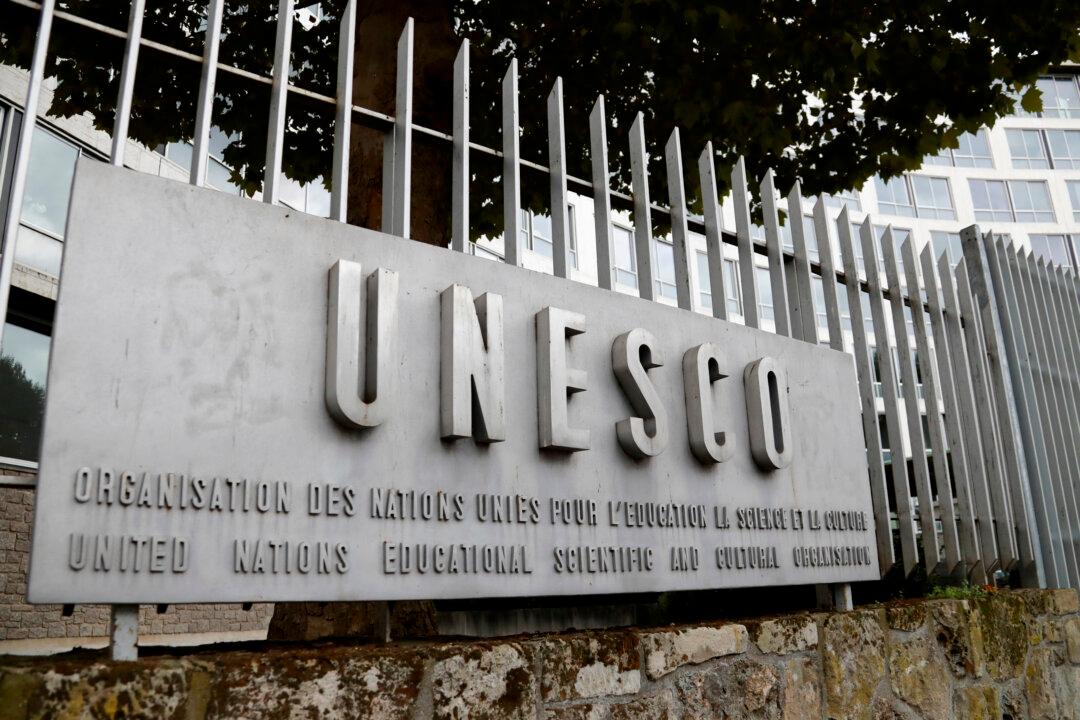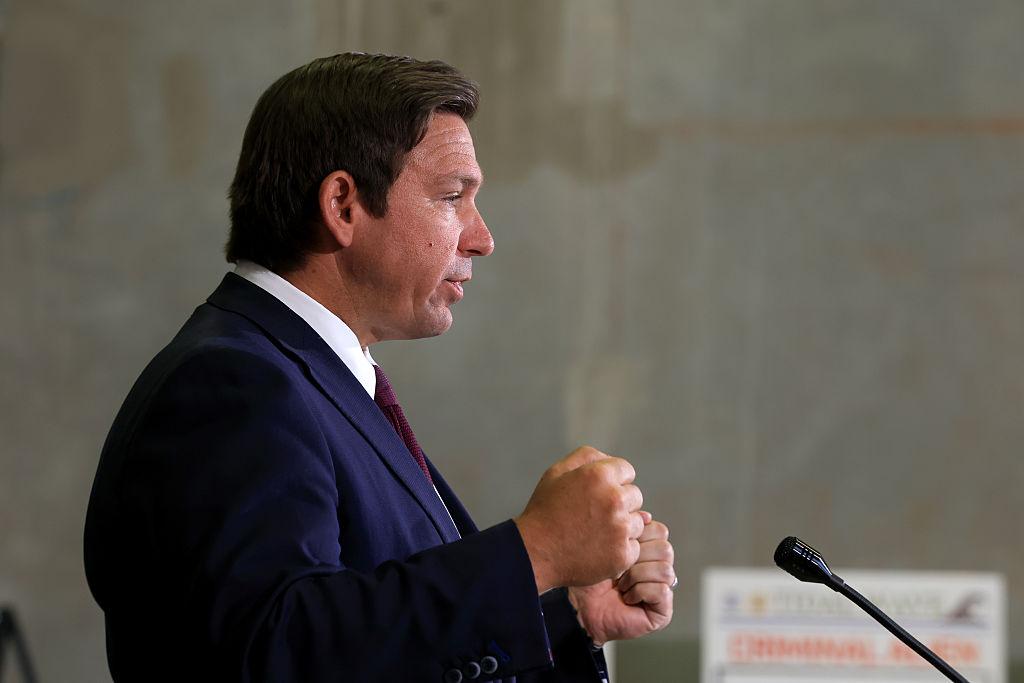A growing coalition of state governments is pushing back against the world’s largest asset manager, saying it is putting its political agenda over the interests of clients and even U.S. national security.
Last week, a group of 19 state attorneys general from Republican-leaning states sent a strongly worded letter (pdf) to BlackRock CEO Larry Fink demanding an end to this agenda and a return to fulfilling its fiduciary duties, suggesting the company’s actions may even be illegal.





